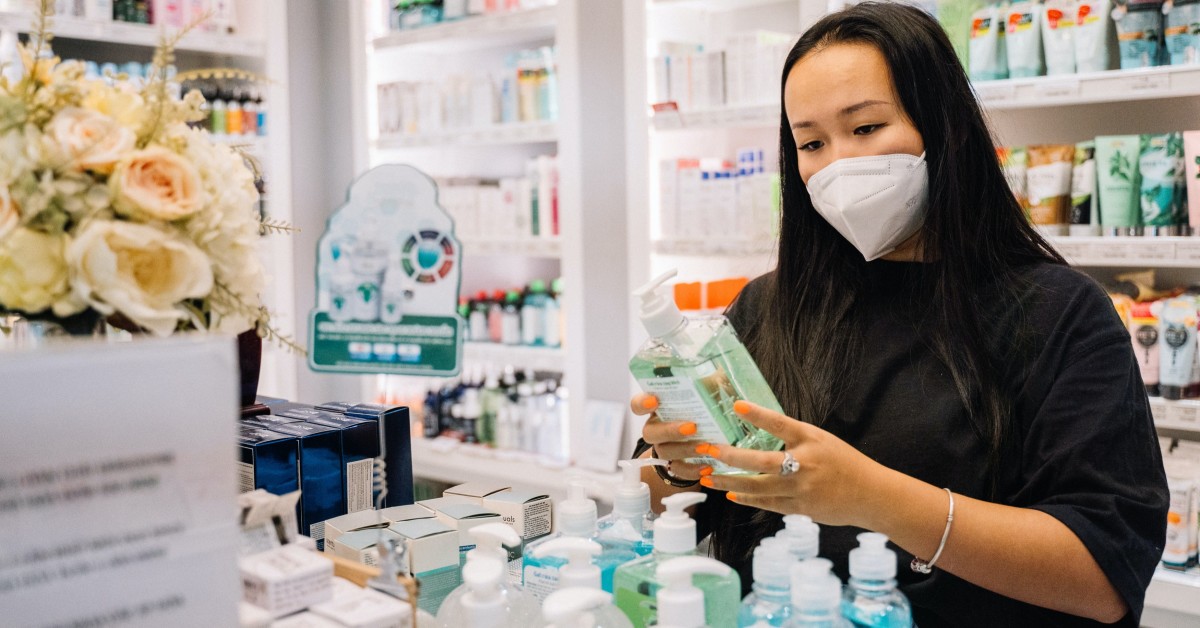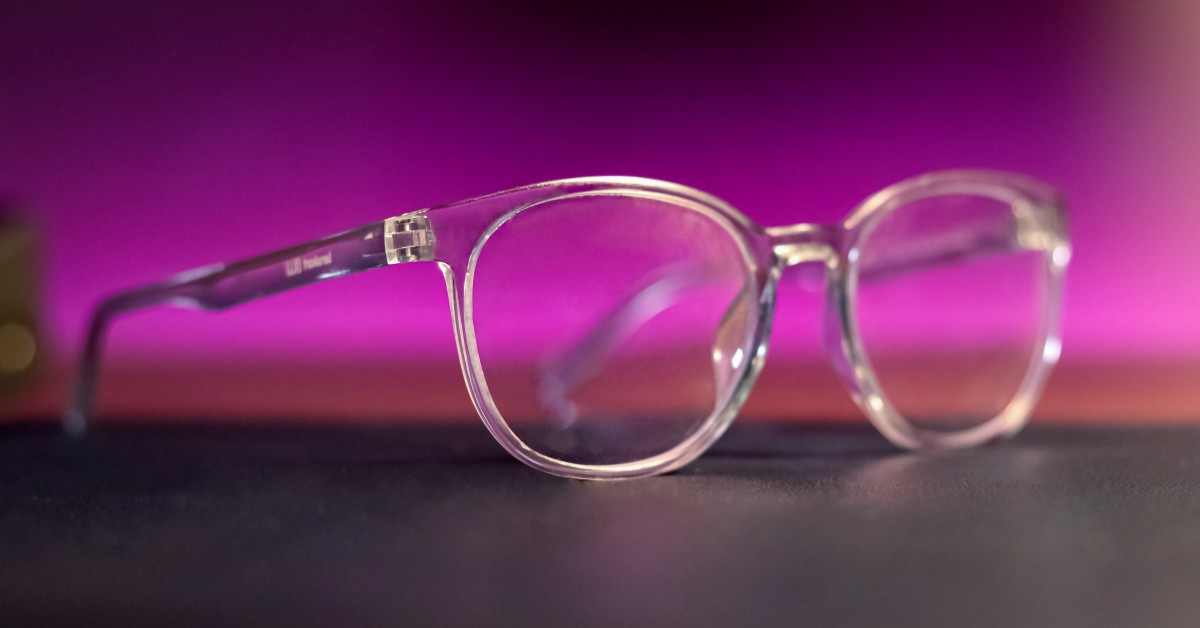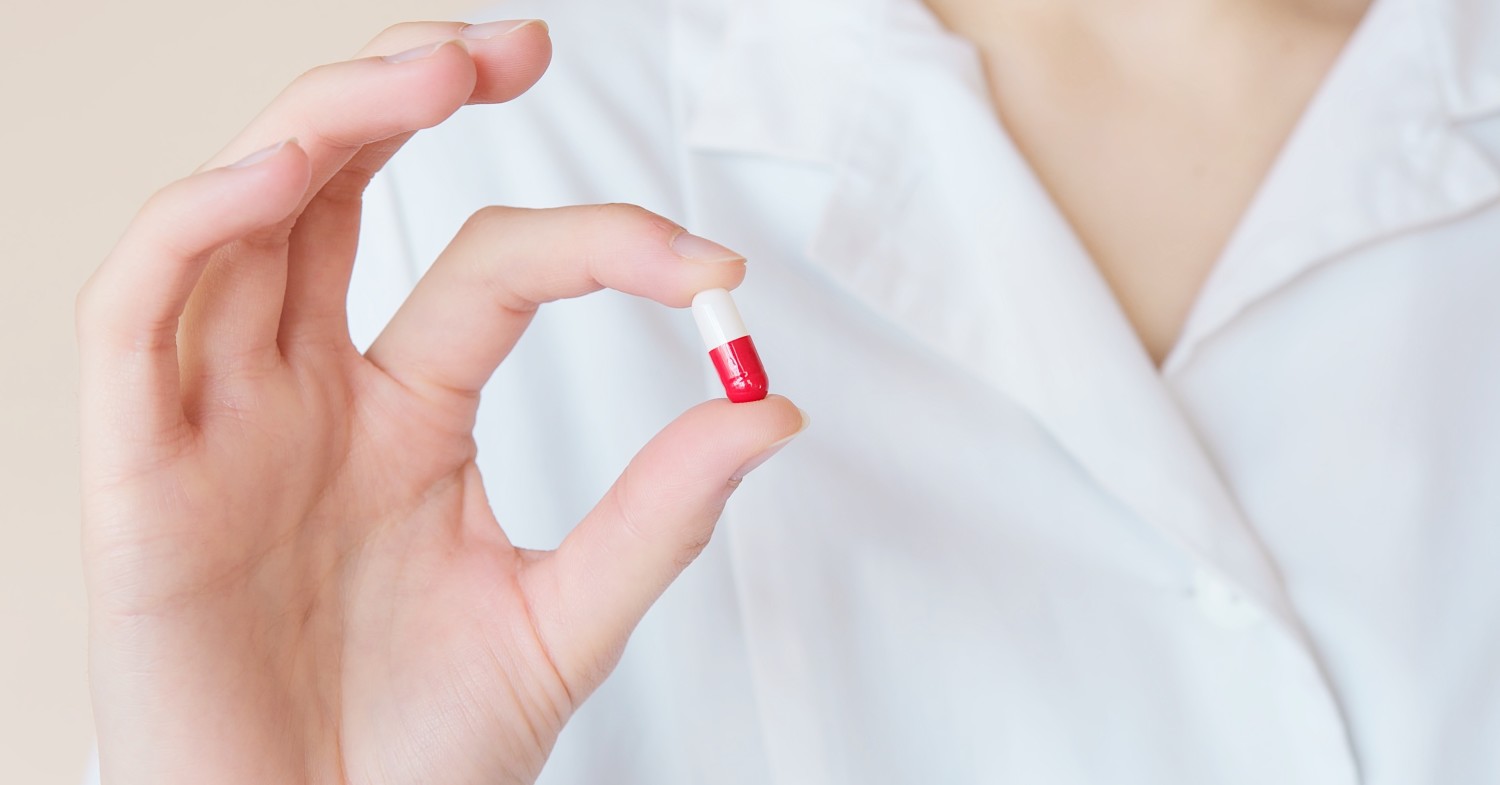
What is a 6-Year BS/PharmD Program?
Becoming a pharmacist requires a good deal of schooling: a [...]

When we picture pharmacists at work, we usually think of someone in a white lab coat behind the counter of our neighborhood pharmacy or the voice on the phone providing us with drug information or scheduling our latest Covid-19 booster shot.
But that’s not all pharmacists do. They also play a crucial role in the larger healthcare system, and they help support public health. If medication is involved, a pharmacist is somewhere on hand.
Healthcare professionals who hold a Doctor of Pharmacy (PharmD) degree work in a broad range of positions in various settings, including drug stores and hospitals. But others utilize their training to work in the pharmaceutical industry as clinical experts, in advisory positions to maintain safety and accuracy in the production and promotion of medicines, and in research and development advancing pharmaceutical therapies. They also track new vaccines and medicines through clinical trials and help market them with accurate advertising information—or act as governmental regulators enforcing guidelines, laws, and standards.
A Doctor of Pharmacy program prepares you for all of these positions through didactic coursework as well as a comprehensive schedule of clinical rotations in a variety of specializations. If you’re wondering what you will learn in a Doctor of Pharmacy program, this article will answer that question, as well as address the following:
The Accreditation Council for Pharmacy Education (ACPE) oversees all Doctor of Pharmacy programs in the US; the organization is recognized by the US Department of Education to set standards for professional pharmacy continuing education and degree programs. These standards allow room for each school of pharmacy to design unique programs and specializations in the pharmaceutical sciences. Let’s take a look at a few examples.
The University of Wisconsin – Madison offers a four-year PharmD program with pharmacy rotations beginning after year three. The first year includes classes like Physicochemical Principles of Drug Formulation and Delivery, Comprehensive Immunization Delivery, Introduction to Biopharmaceutics and Pharmacokinetics, Pharmaceutical Calculations, Dispensing and Compounding, and Genetics and Immunology. Year two introduces medicinal chemistry and professional development, while the third-year curriculum includes Pharmacology and Pharmacy Law and Regulation.
At the University of Michigan, the first three years of study are defined by didactic coursework, Introductory Pharmacy Practice Experiences (IPPE) rotations (more on that below), and Interprofessional Education (IPE) opportunities that allow students from various healthcare professions to learn and work with each other. In addition to foundational classes in biomedical, pharmaceutical, and clinical sciences, coursework includes four years of Therapeutic Problem Solving and Lifelong Learning classes, which build on material from each previous year. The final year of the program is a 52-week series of nine five-week professional rotations, a final seminar, and a research report.
In addition to introductory courses in genetics, genomics, and biotechnology, the first professional year PharmD curriculum at Butler University offers classes like Diversity and Inclusivity in Healthcare and Approval to Administration: How Drugs Get to Patients. The second year adds courses on self-care, professional development, and leadership and management; student pharmacists begin professional electives in the fall semester of their third year. As with many PharmD programs, Butler’s full-time rotations begin in the summer of students’ fourth year of study. Students must take ten rotations during twelve rotation blocks.
All accredited Doctor of Pharmacy programs include credit hours for experiential learning, providing full-time scheduling for rotations in a variety of specializations. The first set of rotations—Introductory Pharmacy Practice Experiences (IPPE)—are assigned after the first or second year of study and take full focus after year three. They are formatted as in-person assignments in community pharmacies, hospitals, or institutional settings, and typically last four to six weeks each.
The fourth year of training in a PharmD program involves full-time APPE rotations (Advanced Pharmacy Practice Experiences) of similar duration, requiring students to be on-site for what amounts to full work days on four-to-six week assignments. Some rotation sites may require a commute or even short-term relocation for students to fully participate. All pharmacy rotations are supervised by experienced health professionals who act as preceptors/mentors, so students are guided in their experiences.
Each rotation placement offers pharmacy students experiential learning in a new area of pharmacy studies. At Butler University, students begin their 160-hour APPE rotations after their third year—one each in general medicine, acute care, hospital/health system, and ambulatory care; and two each in community practice and patient care elective (in-patient or out-patient). Pharmacy students can then choose elective rotations in either patient care or non-patient care.
At Johns Hopkins University, APPE rotations are categorized in two groups, direct and non-direct patient care. Direct patient care includes cardiology, critical care, transplants, acute care/internal medicine, emergency medicine, pain management and palliative care, infectious diseases, oncology, pediatrics, and psychiatry. Non-direct patient care includes investigational drugs, medication safety, informatics and drug policy, and pharmacy leadership and management.
PharmD students undergo these required and elective rotation experiences to develop the competencies necessary for the expanding and important roles pharmacists play in healthcare.
Earning a Doctor of Pharmacy degree takes four years, but students must meet prerequisite coursework in health sciences, like anatomy, biology, microbiology, organic chemistry, as well as statistics and physics before starting their studies. Typically, students can apply with two years of pre-med or a strong STEM-heavy college transcript. Otherwise, they must complete bridge courses before commencing the pharmacy program.
PharmD graduates must pass the North American Pharmacist Licensure Exam (NAPLEX), which evaluates general practice knowledge acquired during their studies. Graduates must also take the Multistate Pharmacy Jurisprudence Exam (MPJE), which assesses knowledge of laws and regulations for specific states and jurisdictions where they intend to practice. Scholarships and loans are available to ease the cost of earning this degree.
Admissions teams for PharmD schools look for competent candidates with the right academic background and potential to succeed in their programs. Applicants must submit transcripts, personal statements, and letters of recommendation to their schools of choice through the Pharmacy College Application Service standardized admissions application process. They may need to take the Pharmacy College Admissions Test (PCAT) for some programs. It’s a good idea to check out each program’s specifics online, or call to speak to a member of the admissions team.
There are a number of excellent in-person and online Doctor of Pharmacy programs in the US, including:
(Last Updated on February 26, 2024)
Questions or feedback? Email editor@noodle.com

Becoming a pharmacist requires a good deal of schooling: a [...]

Pharmacy is not only a science; it's also a business. [...]

Admission to the US' 23 accredited Doctor of Optometry programs [...]

To become a pharmacist, you need to earn a Doctor [...]

To practice as a pharmacist, you must earn a Doctor [...]
Categorized as: Medicine, Nursing & Healthcare